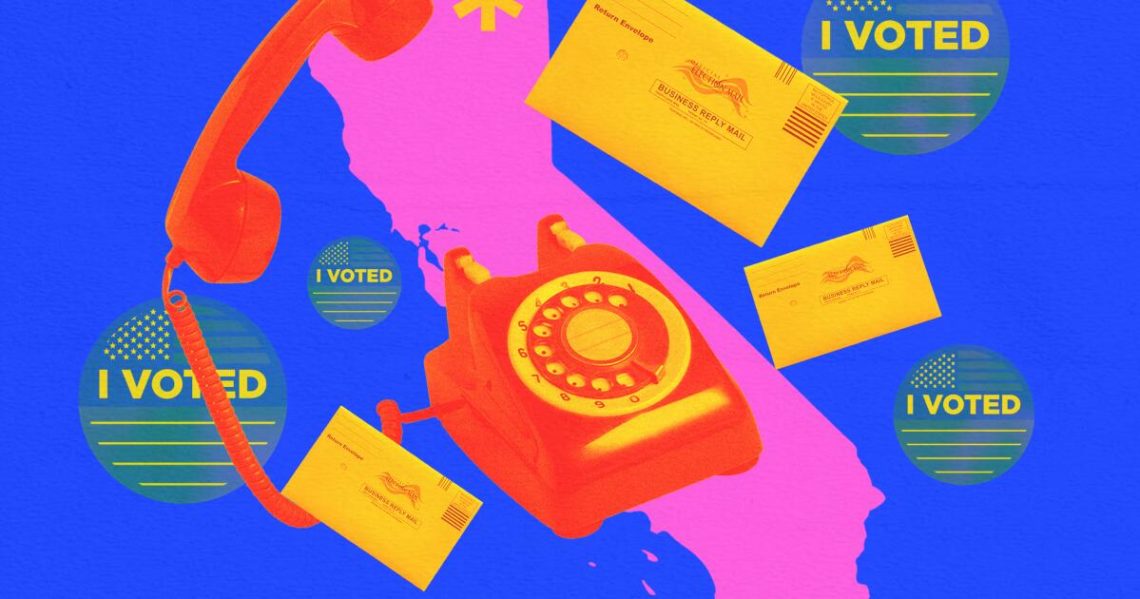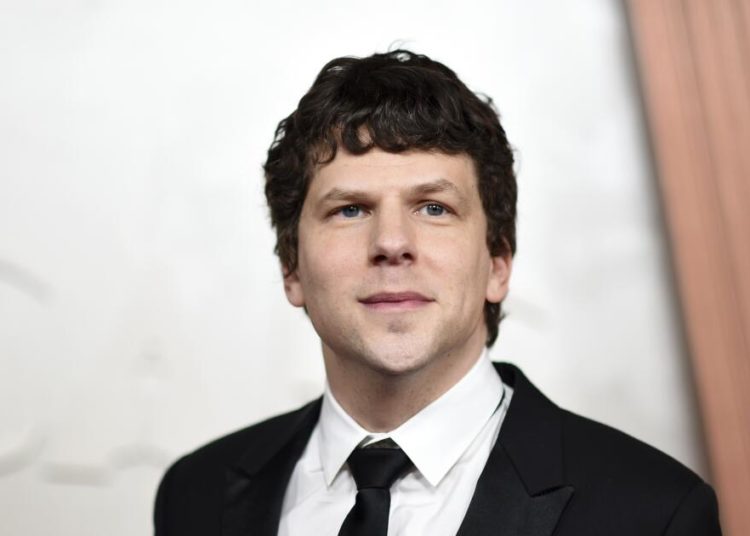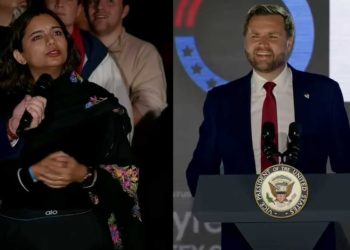From a Halloween-themed party in South-Central to a drag show in North Hollywood — and a “perreo to the polls” in El Sereno — the race for Proposition 50 is down to the final days.
Local activists are looking to California’s Latinos to turn out in record numbers for the statewide special election — or in some cases, turn up to vote.
On Tuesday, California voters will decide whether to approve new congressional district lines designed to favor Democrats beginning in 2026 — temporarily overriding the map drawn by the state’s nonpartisan, independent redistricting commission until the 2030 U.S. census.
Gov. Gavin Newsom and Democrats in the State Legislature introduced Proposition 50 in August as a last-ditch effort to counter redistricting by Texas Republicans, who want to make it easier for their state to help elect five more Republicans to Congress.
Latinos, who make up 40% of California’s population, could play a pivotal role in the outcome of Proposition 50; particularly young Latinos (ages 18-24) who constitute roughly 20% of that population.
We Are California, a progressive coalition driving civic engagement, is looking to reel in that voting bloc and others with a series of community block parties called Can’t Stop CA — which will take place across the Golden State before polls close Tuesday at 8 p.m.
On Monday, they are teaming up with InnerCity Struggle, a Boyle Heights-based nonprofit organization, to put on a “perreo to the polls” parade and celebration.
Event organizers are hoping the rhythm of reggaeton can drum up excitement for civic engagement. This comes during a time when many Latino community members have been fearful of ongoing ICE sweeps, especially as the Supreme Court has allowed for indiscriminate immigration raids to continue.
“With everything going on, we needed to do something to get the community to feel like they can safely go out and vote,” says Ruby Rivera, senior director of community organizing at InnerCity Struggle. “We wanted to show the joy and pride in our community.”
The emphasis on perreo — reggaeton’s signature dance move — was in part inspired by reggaeton icon Bad Bunny. Locals resonated with the Puerto Rican singer’s last album, “Debí Tirar Más Fotos,” which highlighted the island’s challenge with gentrification: an issue that hits close to home for many on the Eastside.
“Bad Bunny [showed] resilience in the face of angry football fans who are upset [that] a Spanish-speaking American [will] take the stage during the [Super Bowl] halftime show,” adds Rivera. “Perreo is an opportunity to engage with our youth.”
The starting point for the event will be at El Sereno Park, where attendees can hear from speakers, including first-time voters, before participating in a musical procession that marches toward a ballot drop-off site and in-person voting booths at Barrio Action Youth & Family Center.
“What we’ve seen in most recent elections is that the number of young voters in our communities is not at the level that we would like to see,” says Rivera. “These are young people who are immediately impacted by many of the policies that are passed by their elected officials and [who] are not exercising their voice.”
The event also comes at a critical time for Eastsiders. After Boyle Heights Beat reported that no polling places would be open in the neighborhood for the Nov. 4 statewide special election, four pop-up voting centers will now be accessible to local residents. Monday’s event provides voting advocates with an opportunity to share that updated site information with local residents.
“Our big focus is getting folks out to vote and making sure that folks feel safe and understanding that staying home doesn’t mean you’re neutral,” says Rivera. “Staying home means you’re letting other people decide the fate of your community for you.”
We Are California and InnerCity Struggle are not the only ones looking to engage Latino voter participation.
On Tuesday, Voto Latino and United Farm Workers launched a Spanish-language radio ad campaign of their own urging voters in California to check off yes; the 30-second sound bite will air on Radio Campesina, which is intended to reach Latino voters across the Central Valley.
“Groceries are more expensive, rent is sky-high, healthcare is out of reach, and our families are being targeted by ICE just for how they look or where they work,” the ad states. “Our politics? Corrupt. Broken. Chaotic.”
On the other side of Proposition 50, a Spanish-language YouTube ad released in September by Protect Voters First urged voters to vote “no,” labeling the measure an “abuse of power.”
“We have seen this story before, when politicians change the rules, [we] pay the price,” the ad states. “Now Californian politicians are pushing proposition 50 to re-write our Constitution… Not to protect us, but to give themselves more power.”
An October poll by the Latinx-owned research firm BSP Research and the Latino Community Foundation — a philanthropic organization that advocates for Latinx people and racial justice — revealed that, of the total of 1,200 registered Latinx Californian voters surveyed, 62% said they were “100% certain” to vote in November’s election. An additional 21% stated they would “probably” vote in the special election.
If Proposition 50 passes, the new congressional map would potentially increase Latino voting power by creating two new districts where the Latino electorate could sway the outcome, a new joint study from Cal Poly Pomona and Caltech also found.
But there’s no telling yet which way the pendulum will swing. Republican strategist Mike Madrid — who is advising the No on 50 Protect Voters First committee — shared with Politico earlier this month that Latinos are the “swingiest group” with “no partisan anchoring.”
Other recent polling conducted by Tulchin Research, a public opinion research firm, and social impact firm Tzunu Strategies found that while Latinos lean toward supporting Proposition 50, many are still undecided and open to persuasion.
On the ground in L.A., some Latino canvassers are especially fired up about Proposition 50.
“The language that’s coming out of this administration and the Republican Party, it’s really hurting the values of America,” says Ivette Aragon, a phone banking volunteer for Proposition 50 at the Women’s March Action in Boyle Heights.
The 33-year-old daughter of immigrants considers the controversial proposition — which looks to counter redistricting by the Texas GOP — as a defense mechanism against attacks on the Latino community.
“Understanding Prop. 50 is understanding what those five [Republican] seats would mean,” says Aragon. “It’s an expansion of what we’re already seeing, not just to the immigrant community, but the slashes to healthcare, it’s the continuation of billionaires benefiting from America while the working class keeps working.”
Aragon notes that this is not a normal time in politics, but considers the voting process behind Proposition 50 as the most democratic approach to a balanced House of Representatives.
“If [people vote] yes, it passes and five seats will be added,” she says. “If no, then the voters have spoken.”
The post Perreo to the polls: How Latino voters could decide the outcome of Prop. 50 appeared first on Los Angeles Times.




